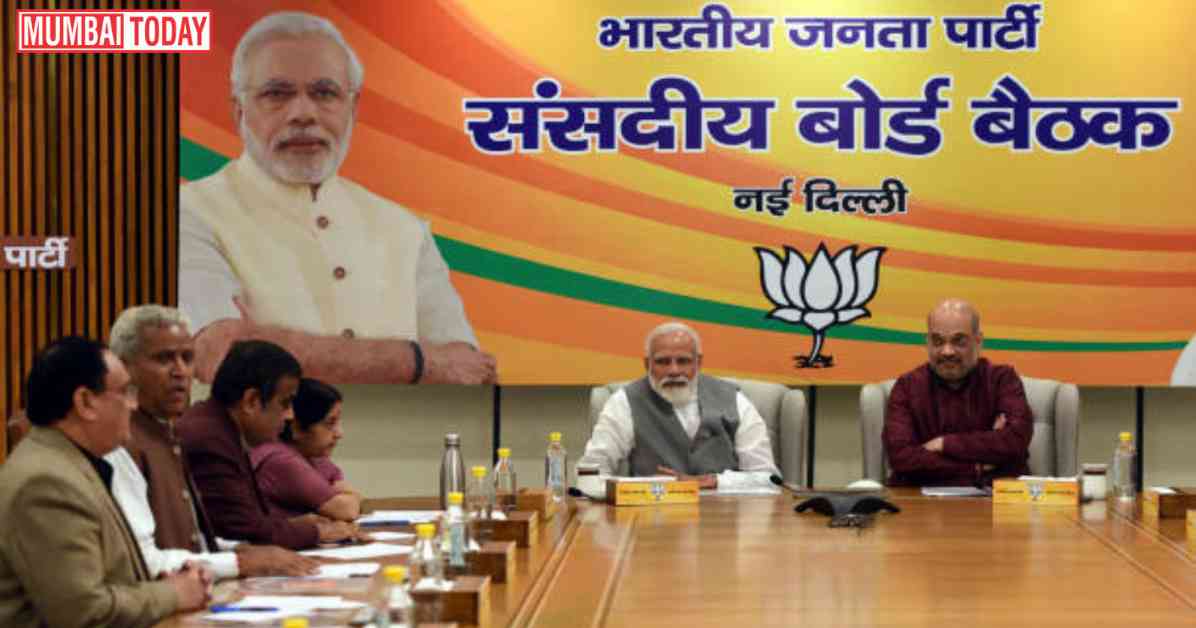In the colorful tapestry of Indian democracy, the Lok Sabha and Rajya Sabha are essential pillars of governance. The Lok Sabha, also known as the “House of the People,” consists of 543 seats, each representing a territorial constituency. Every five years, the people elect their representatives, creating a direct link between the public and the decision-making process. The Lok Sabha plays a crucial role in shaping environmental policies by allowing a wide range of voices to be heard on issues such as renewable energy, resource conservation, and climate change.
On the other hand, the Rajya Sabha, or “Council of States,” is a more contemplative setting with 245 members who are not directly elected by the people. Instead, they are chosen by the elected members of the state legislative assemblies and the Union Territories. This system ensures that experienced voices from various regions have a say in national matters. With members serving for six years, the Rajya Sabha focuses on policies that have a lasting impact, fostering balanced representation and long-term environmental planning.
India’s Parliament reflects the nation’s vastness and diversity, offering a vibrant exchange of ideas and a holistic approach to environmental issues. The bicameral system allows for a quality of representation that is essential for shaping a sustainable future for the country. It is crucial for both the Lok Sabha and Rajya Sabha to integrate eco-friendly practices into their functioning to promote sustainability and environmental conservation.
By advocating for sustainable policies, encouraging green infrastructure, promoting environmental education, supporting green initiatives, and leading by example, the Lok Sabha and Rajya Sabha can play a pivotal role in steering India towards a greener, more resilient future. As custodians of democracy and stewards of the environment, they have the power to enact meaningful change and leave a lasting legacy of environmental stewardship for future generations. Embracing eco-friendly principles is crucial for both institutions to contribute to a sustainable future for India.




















